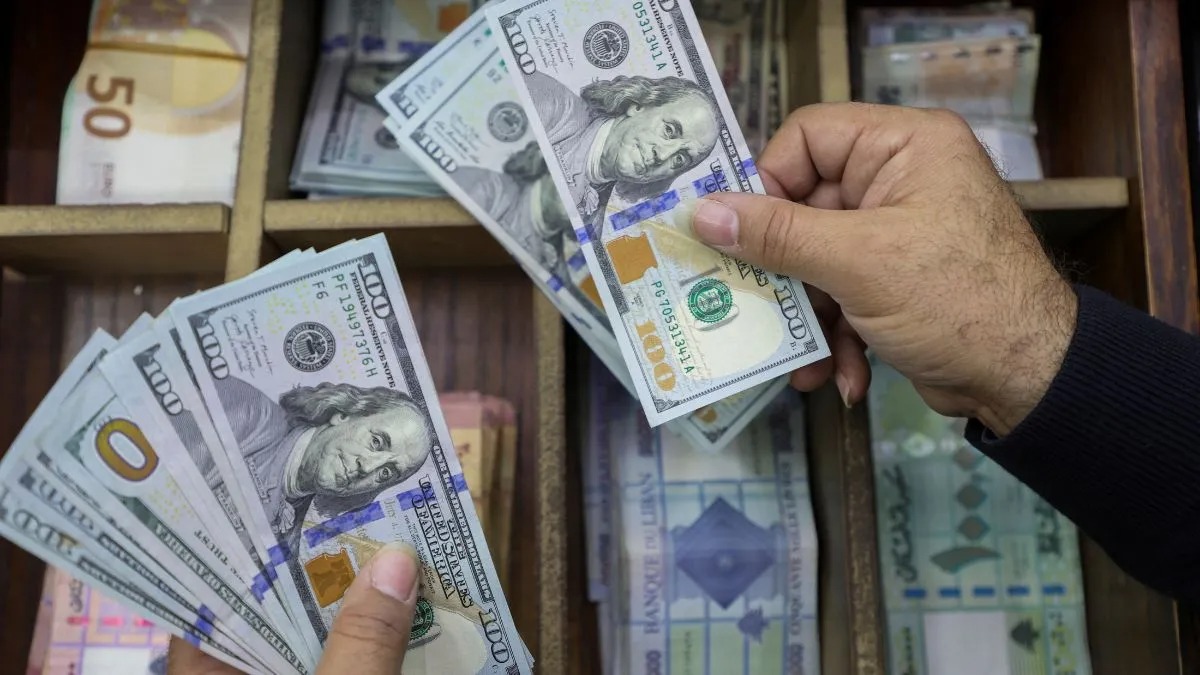

After strong investments in Indian stock markets in 2023, foreign investors reduced their investments substantially in 2024. This year the net inflow was more than Rs 5,000 crore. The main reason for this was the investors adopting a more cautious stance amid high domestic valuations and geopolitical uncertainties. Vineet Bolinjkar, Head of Research, Ventura Securities, said that looking towards 2025, Indian stocks may see an improvement in the flow of foreign portfolio investors (FPIs). This will be supported by a cyclical upsurge in corporate earnings, especially in domestic-oriented sectors such as capital goods, manufacturing and infrastructure.
However, high valuations and cheap options in other emerging markets such as ASEAN and Latin America may hamper these flows. He said that apart from this, concerns due to prolonged global recession may affect investor sentiment and their interest in risky assets. On the other hand, Anand Rathi Wealth Limited Deputy CEO (Deputy Chief Executive Officer) Firoz Aziz said that geopolitical tensions, central bank interest rate cuts and possible US tariff restrictions may create favorable conditions for FPI flows in Indian markets.
How much did you invest
According to data available with the ‘depositories’, so far foreign portfolio investors (FPIs) have made a net investment of more than Rs 5,052 crore in the Indian stock markets and Rs 1.12 lakh crore (till December 24) in the debt market. Earlier in 2023, a net investment of Rs 1.71 lakh crore was made in the stock market, which was driven by optimism about India’s fighting economic fundamentals. In contrast, in 2022, the highest net selling of Rs 1.21 lakh crore was recorded due to aggressive rate hikes by global central banks. However, before this, FPIs had invested in the three years 2019, 2020 and 2021.
FPIs have been selling for these 5 months
In the year 2024, FPIs were sellers in January, April, May, October and November. The sharp decline in FPI inflows in 2024 was due to global and domestic factors. Himanshu Srivastava, Associate Director, Manager Research, Morningstar Investment, said that low investment in the Indian stock market was mainly due to high valuations, which led investors to invest in the attractively valued Chinese stock market. This change was further fueled by a series of stimulus measures introduced by China to boost economic growth, which increased the attractiveness of its stock market. In addition, the increase in geopolitical tensions, especially the Israel-Iran conflict, increased risk aversion, pushing investors towards safe assets.
Why did FPI confidence decrease
He said that caution ahead of the US presidential election and concerns about fewer US Fed rate cuts next year despite this year’s 100 basis point cut further weakened the sentiment. Narendra Singh, Manager and Founder, ‘Smallcase’, Growth Investing, said that on the domestic front, factors such as high valuations, weak corporate earnings for the September quarter, expectations of weak results for December, rising inflation, slow gross domestic product (GDP) growth and weak rupee have reduced investor confidence. However, despite volatility, FPIs showed signs of recovery in December. So far, net inflows have been more than Rs 20,071 crore, indicating renewed interest in Indian stock markets.
Read More: Red Alert or Buying Opportunity? What’s Behind Today’s Stock Market Dip

 Share
Share

_1060084071_100x75.jpg)

